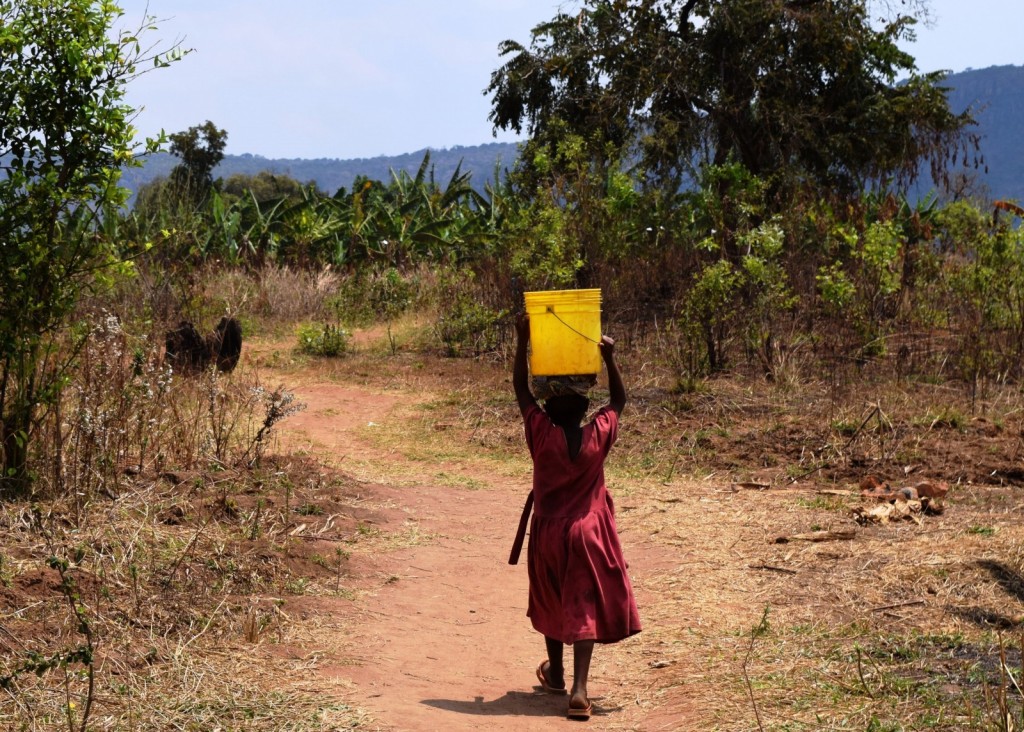The 22nd March 2016 is World Water Day, an annual event organised by the United Nations to promote the vital importance of ensuring universal access to clean, safe water. Around 10% of the world (650 million people) still lack access to clean water.
Water is essential for life. When communities don’t have clean water they are forced to drink dirty and dangerous water, causing illness and sometimes death. Communities may also have to walk several kilometres to collect their water, sometimes clean and in other cases dirty but the closest or only water source around.
Clean water can transform lives, having a direct impact on many other areas of development. As it is usually women and children who collect water, a sustainable, clean water supply close to homes means that children can attend school and enjoy an education. Women can engage in more income-generating activities, adult education and see improvements in gender equality. Health is also transformed across the community, with reductions in disease and premature deaths.

Daily collection of water in Tanzania (2014)
Great progress has been made in recent years in helping bring access to clean water to more and more people, but there is still a lot of work to do. Geologists in both research and practice have a significant role to play in identifying sources of water, managing water supplies and protecting them from contamination. The relevant and important knowledge that we already have needs to be effectively used to support local (often village level) water user committees, government water departments and NGOs operating in affected regions. Effective technical-capacity strengthening at all levels is vital to ensure that water supplies are sustainable and effective.
Find out more… At the EGU General Assembly, the Geological Society of London and Geological Society of America are co-organising a session on “Meeting the water needs of a growing global population: groundwater contamination, monitoring, mitigation and adaptation in developing countries (GSL/GSA sponsored session)”
